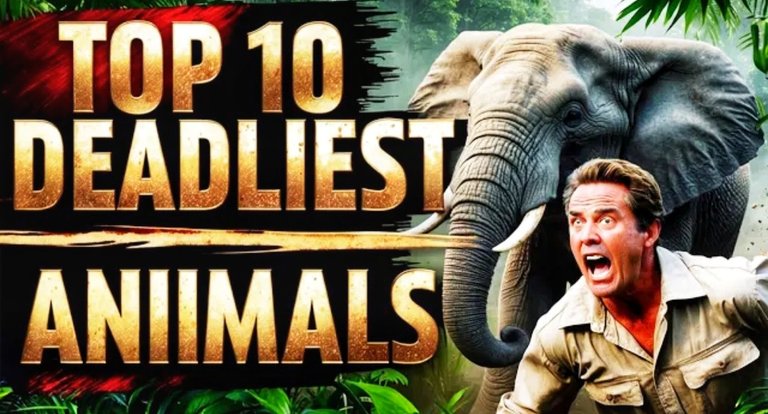
Welcome to our updates, today we're diving into the wild to uncover the top ten most dangerous animals in the world from the depths of the ocean to the heart of the jungle, will be encountering creatures with deadly venom, incredible strength, and a reputation for being particularly aggressive towards humans.
stay tuned to find out which creatures you should avoid.
.....

Our journey begins in the turquoise waters of the Indo-Pacific, home to the ethereal yet deadly box jellyfish. This creature drifts silently with the current its bell-shaped body trailing delicate tentacles, those tentacles are armed with millions of stinging cells each loaded with potent venom.
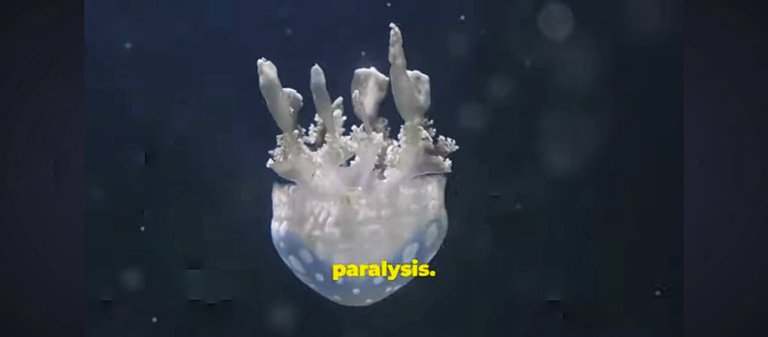
The venom causes excruciating pain and paralysis, anti-venom must be administered quickly to be effective. Exercise extreme caution in these waters
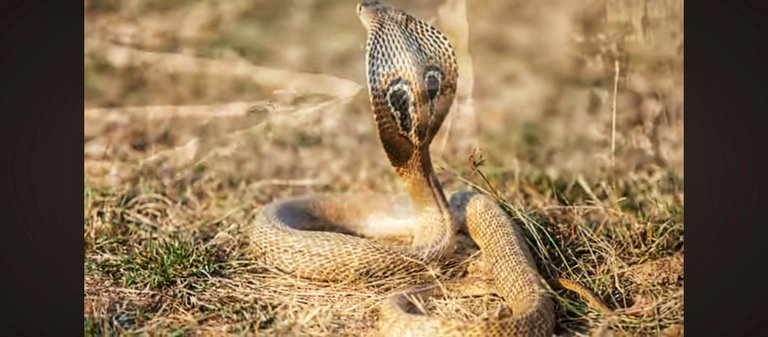
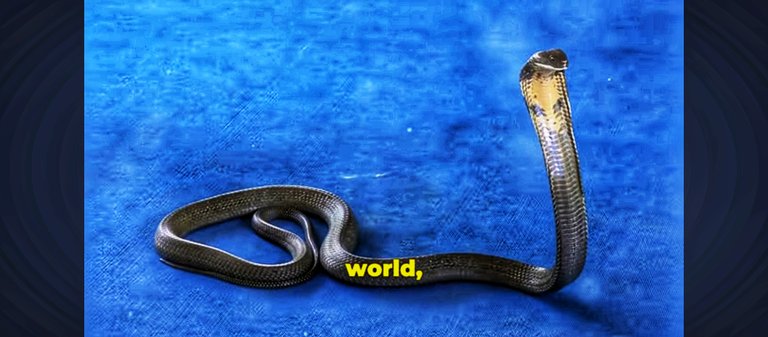
From the ocean depths, we journey inland to the dense jungles of Southeast Asia, home to the king cobra, the longest venomous snake in the world, the king cobra can reach lengths of over 18 feet a single bite can deliver neurotoxins and powerful enough to kill an elephant. Known for its aggressive new nature, it can raise its body and spread its hood and hiss loudly.

Our journey takes us to the murky waters of southeast Asia and Australia home to the saltwater crocodile, this is the largest reptile on earth reaching lengths of over 20 feet and weighing over 2,200 pounds.
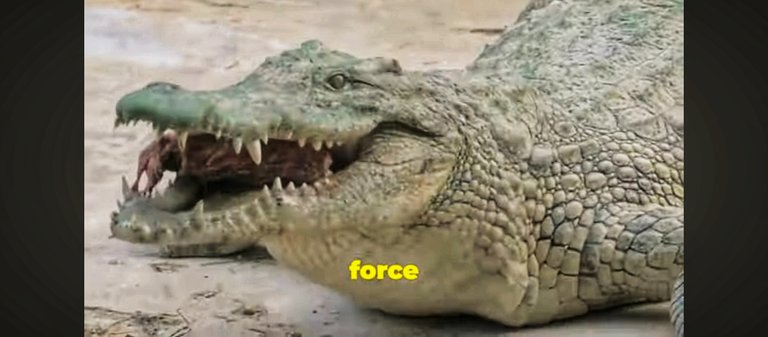
The saltwater crocodile possesses the strongest bite force of any animal alive today capable of crushing bone known for their aggression and territoriality they have been known to attack and kill humans respecting it's space and avoiding known crocodile habitats are essential for staying safe.

Our journey now takes us to the savannas of Africa home to the African elephant, the largest land mammal on earth.
These majestic creatures evoke a sense of awe and wonder while often perceived as gentle giants, African elephants can be incredibly dangerous particularly when threatened or provoked. A bull elephant in a periodic state of heightened aggression and testosterone can be particularly volatile.

An elephant can inflict serious damage with its tasks or trample its victims. despite their potential for danger African elephants face numerous threats including habitat loss and poaching conservation efforts are crucial for ensuring the survival of these magnificent creatures.
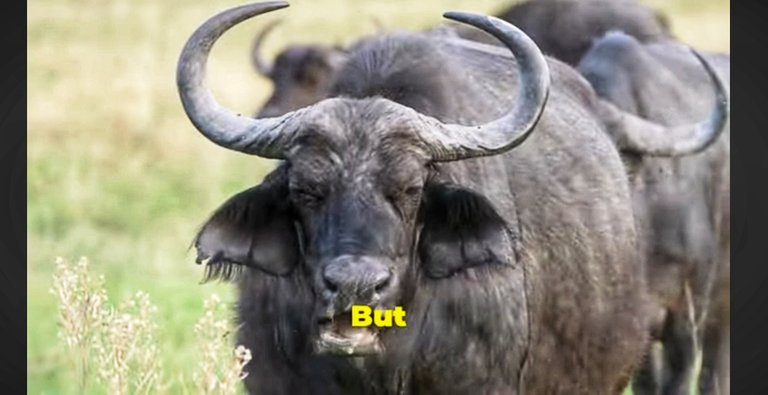
Our exploration takes us deeper into the African savannah where we encounter the cape Buffalo 🦬, often referred to as the black death.
The cape Buffalo is a powerful symbol of Africa's wild heart with its massive horned head and stocky build, the cape buffalo might appear docile at first glance, but beneath its rugged exterior lies animals known for their aggression and unpredictability. They are fiercely protective of their herds and will not hesitate to charge at anything they perceive as a threat even lions think twice before taking on a cape buffalo. A charging buffalo with its head lowered and horns aimed is a site that sends chills down the spines of even the most season safari guides.
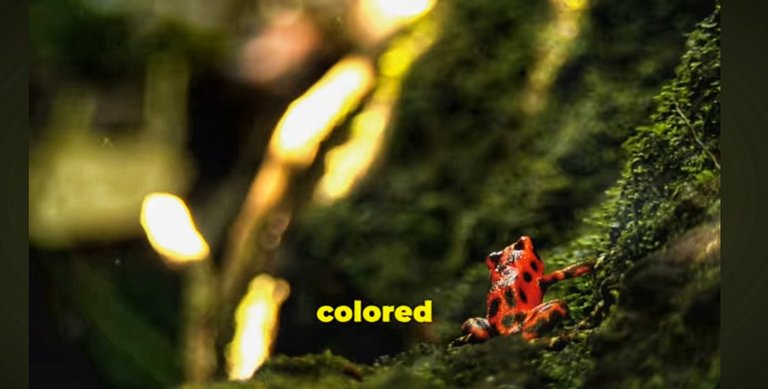
Our journey takes us to the lush rain forests of central and South America, home to the poison dart frog. These vibrantly colored amphibians are a dazzling site amidst the rainforest emerald foliage, but their beauty belies a deadly secret.
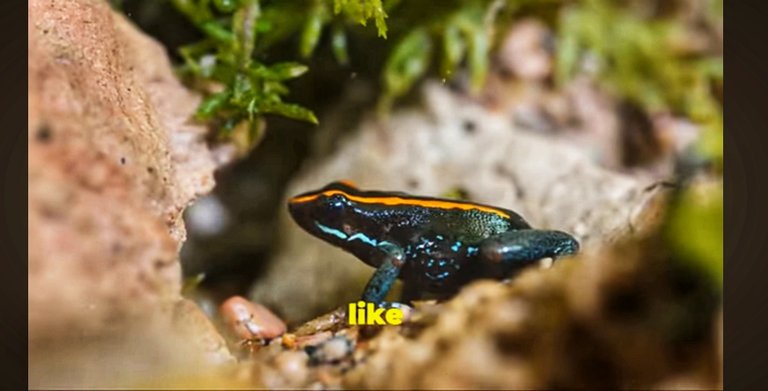
The poison dart frog skin is coated in a toxic alkaloid poison, a defense mechanism to deter predators. Some species like the golden poison frogs possess enough poison to kill ten adult humans. The poison affects the nervous system leading to muscle paralysis and death.
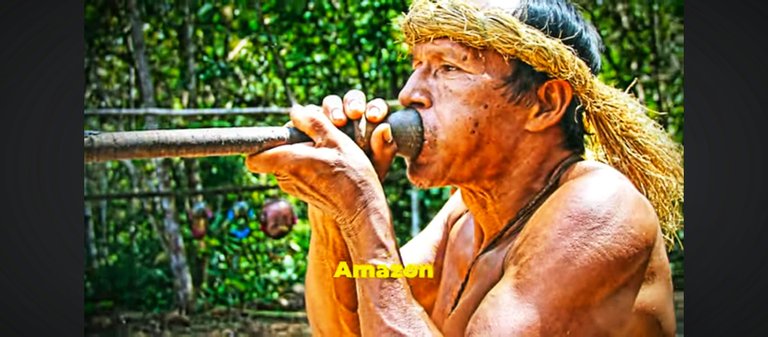
The Indigenous people of the Amazon rainforest have long used the frog's poison to coat the tips of their blowgun darts for hunting. The poison can bring down prey as large as monkeys and sloths within minutes.
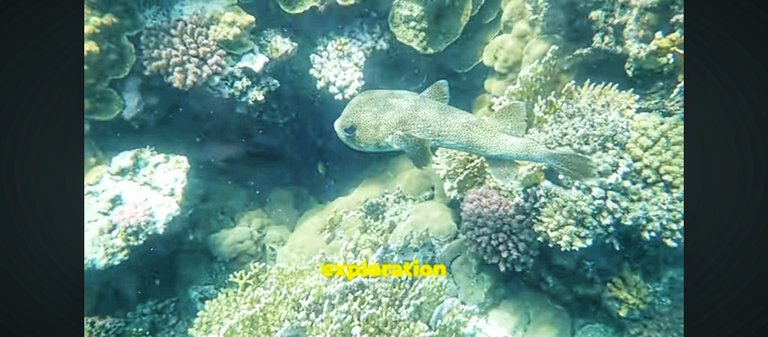
Our exploration takes us back to the ocean where we encounter the Pufferfish with its comical appearance and ability to inflate into a ball. The Pufferfish might seem more amusing than dangerous but beneath its seemingly innocuous exterior lies a deadly secret.
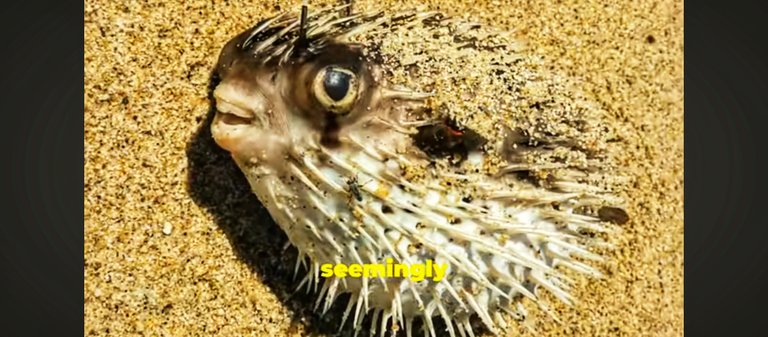
The Pufferfish's internal organs contain tetra
toxin a potent neurotoxin that is twelve hundred times more poisonous than cyanide, there is no known antidote to tetrodotoxin making it one of the deadliest natural poisons known to man.
Despite the risks, the Pufferfish known as Fugo in Japan is considered a delicacy in some cultures.

Specially trained chefs are the only ones permitted to prepare Fugo, undergoing rigorous training to remove the poisonous organs without contaminating the flesh.

Our journey takes us to the jungles of South America where we encounter the Brazilian wandering spider. This large hairy spider is a wanderer by nature, often found in dark humid places unlike many spiders that build webs, the Brazilian wandering spider actively hunts its victims.
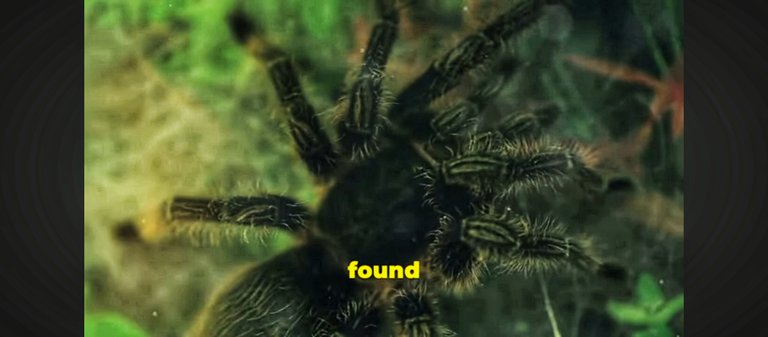
The venom contains a complex cocktail of toxins that affect the nervous system causing intense pain and swelling. One of the most notorious side effects of the venom is priapism, a painful condition that can last for several hours. Encounters with Brazilian wandering spiders are relatively rare but it's important to be aware of their presence, shaking out shoes and clothing before putting them on and ceiling cracks in your home are ways to reduce your risk.
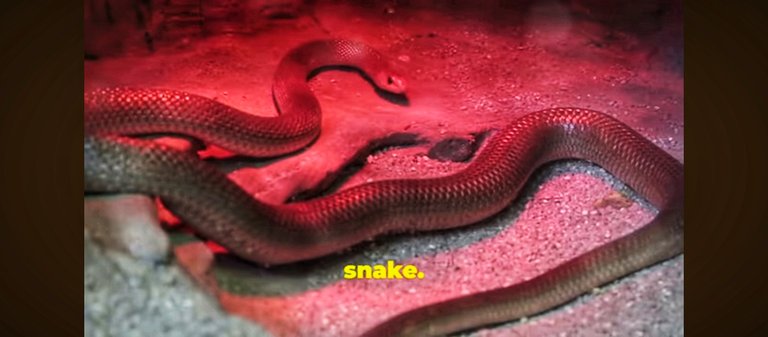
Our quest takes us to the aired outback of Australia where we encounter the inland Tai-pan. The inland Tai-pan also known as the fear snake is the world's most venomous snake, venom contains a complex cocktail of neurotoxins Hema toxins, and Maya toxins. The inland tai pan is a shy and reclusive creature preferring to avoid confrontation however when cornered, it can strike with lightning speed injecting a lethal dose of venom. Despite its fearsome reputation, the inland Tai-pan is a vital part of the Australian ecosystem. Encounters with humans are extremely rare, thanks to the snake's remote habitat and shy nature.
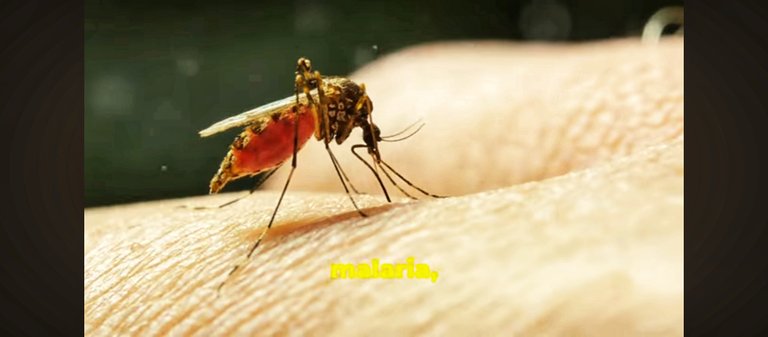
Our journey concludes with the creature so small it often goes unnoticed until it's too late for the mosquito. These tiny insects are found on every continent except Antarctica, while mosquitoes themselves are not inherently dangerous, they can act as vectors for deadly diseases that earn them a place on our list. Mosquitoes can transmit a wide range of diseases including malaria, dengue fever, a virus, and yellow fever. Malaria in particular is a devastating disease that affects millions of people worldwide, efforts to control mosquito populations include insecticide spraying mosquito nets and the development of vaccines. However, mosquitoes continue to be a significant public health threat, particularly in developing countries.
Thanks for watching we've journeyed across the globe encountering some of the most dangerous animals on Earth. Remember knowledge is key to staying safe in the wild. Respect these creatures, understand their behaviors, and take necessary precautions when venturing into their domains.
Thanks for reading through, see you in the next exploration.
Posted Using InLeo Alpha






